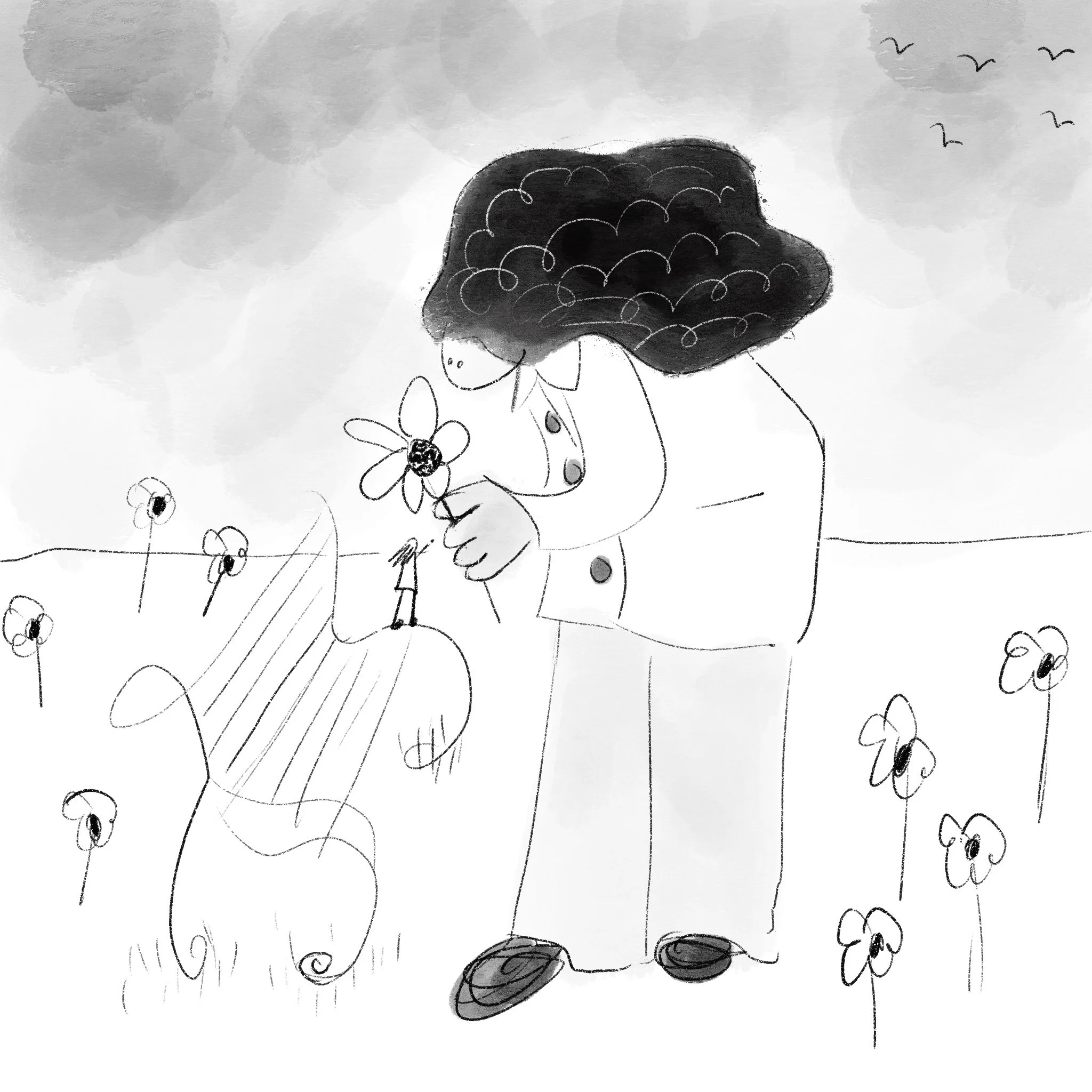Navigating Life in the Climate Era
Empower Personal & Planetary Well-Being with Ruth Kudzi
In the current age, where existential issues like climate change, AI, and nuclear war loom large, individuals often feel overwhelmed. Master Certified Coach, Ruth Kudzi, author of How to Feel Better, offers insights and tools to help people navigate their lives and effect change.
Connecting Micro to Macro:
Ruth emphasizes starting with the self, focusing on what one can control. By addressing individual behavior, thoughts, and feelings, people can contribute to broader solutions. The fear of vast challenges like nuclear war can induce anxiety, but taking a step back and focusing on what can be controlled at a personal level can empower individuals. Ruth draws from Stephen Covey’s model of control circles, encouraging people to distinguish between what they can control, influence, and cannot control.
Developing a New Identity:
To enact change, Ruth suggests reprogramming the brain by forming new neural pathways. Creating a new identity congruent with the desired behavior is crucial. It is about finding achievable and sustainable goals while taking personal responsibility. Blaming external factors disempowers individuals; hence, embracing one's role in situations is pivotal.
Tools for Change:
For those committed to change but unsure how to start, Ruth advises defining the end goal and researching small, achievable steps. Connecting with like-minded individuals, both online and offline, can foster a supportive environment. Incorporating sustainable behaviours without alienating others is essential, and surrounding oneself with inspirational people can influence personal growth.
Sustainable Change:
Addressing both burnout and apathy is key in achieving sustainable change. Ruth recommends encouraging disengaged individuals to imagine their ideal futures and identifying motivators. Shifting the perspective from limitations to benefits can activate a reward state in the brain, promoting positive change. For example, using a non-plastic water bottle not only benefits the environment but also individual health.
Vision for the Future:
Ruth envisions a future where individuals prioritise virtue over superficial differences, live in harmony with the planet, and foster connections. Recognizing the planet as a resource that needs nurturing and gaining knowledge about nature can lead to better solutions. Courage, according to Ruth, involves making brave decisions, accepting potential mistakes, and persevering.
How to Feel Better in the Climate Era: A Step-by-Step Guide:
Identify What You Can Control:
Reflect on personal behaviors, thoughts, and feelings.
Differentiate between what you can control, influence, and cannot control.
Develop a New Congruent Identity:
Set achievable and sustainable goals.
Take personal responsibility and avoid blaming external factors.
Define Your End Goal:
Clearly visualize your success.
Research and plan small, manageable steps towards your goal.
Connect with Like-minded Individuals:
Surround yourself with people who inspire and support your change.
Engage with communities both online and offline.
Incorporate Sustainable Behaviors:
Gradually introduce eco-friendly practices into your daily routine.
Focus on the benefits rather than the limitations of sustainable living.
Combat Apathy and Burnout:
Encourage others to envision their ideal futures.
Identify individual motivators and focus on the rewards of change.
Educate Yourself about the Environment:
Learn more about nature and environmental issues.
Engage with reputable organizations for information and guidance.
Cultivate Courage:
Make brave decisions, acknowledging the possibility of mistakes.
Persevere and stay committed to your goals.
By following these steps, we can navigate our lives, feel better, contribute to solving larger issues, and foster a healthier, more harmonious future for all.



